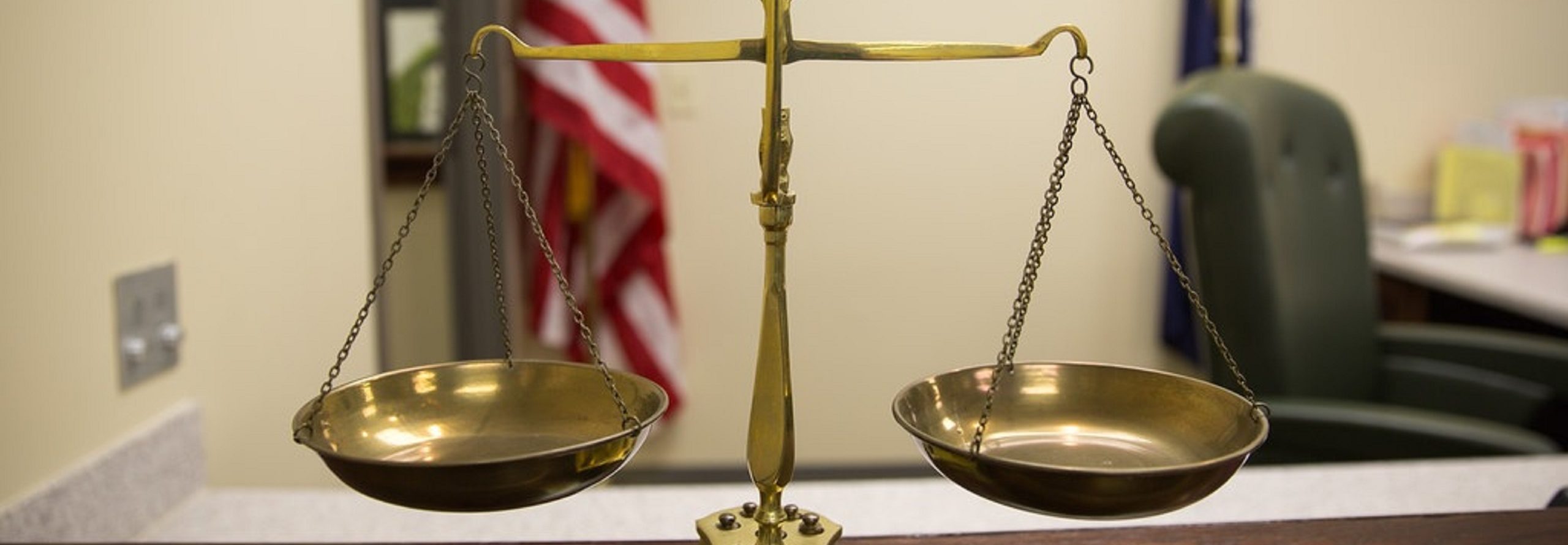9 Skills Of A Successful Lawyer

There are some who have it and some who don’t. Having the right set of skills of a lawyer can lead a career of abundance and great success. If you’re looking to brush up your skills, here’s a list of 9 skills to become a better lawyer.
1. Strong Communication Skills
Lawyers must have strong oral communication skills and written communication skills to accurately relay critical legal information. As well, a significant portion of a lawyer’s job is to create strong and convincing arguments which are presented in the courtroom. Judges and juries all have their own opinions, beliefs, and backgrounds so a lawyer’s ability must be able to reach out to all of them and convince accordingly.
In addition, good listening skills are found in a successful lawyer. Every client has their own version of their situation. Lawyers must listen carefully to the details and analyze what their clients need and how to take action.
2. People Skills
Lawyers are in constant contact with people with is why people skills are required. The entire system of law has engagement with people. Judges, clerks, senior partners, barristers, and other legal workers are just some of the people lawyers will encounter on a daily basis. Being able to be relatable, polite, respectful and interesting some skills to consider.
If this is a skill lacking in a lawyer, it can lead to some very nasty situations with clients seeking retribution for their perceived mistreatment. Regardless of how good a lawyer may be at formulating arguments and winning cases, maintaining good relationship develops a deeper sense of professionalism
3. Time Management Skills
Lawyer’s have a heavy workload and can experience demanding deadlines at short notice. Having the right time management and organizational skills allows for a lawyer’s work to be performed more effortlessly and efficiently.
Time management is the core of a lawyer’s work ethics. Lawyers who prioritize their work and stay ahead of their tasks can lead to more time to enjoy extracurriculars or taking on more cases.

4. Research Skills
Lawyers will spend a lot of time digging around in archives and reading up on old cases. Research skills include the ability to read large amounts of information in short time, understanding facts, figures, and charts, and analyzing matter in a way that can be used later are vital features of a lawyer.
Research skills should be honed early in a lawyer’s career. To do so, make a habit of summarizing a few important points from large documents and articles. This is extremely advantageous when caseloads increase which require more background details, legal document drafting, and preparation advice for clients.
5. Detail Oriented
All lawyers have to have an eye for details. Accuracy and precision is needed to become a successful lawyer. If a lawyer makes a mistake on a single word it can change the entire meaning of a contract or a clause. Lawyers must ensure all their communications, such as email, letters, lawyer websites and legal documents, are always perfect for giving them to a client.
Small mistakes can lead to a bad impression on a client and a bad experience for a lawyer. The worst case scenario would be a lawyer getting sued for malpractice for mistakes that could have been avoided.
6. Creativity
The fundamental part of a lawyer’s job is to win cases for their clients or protect their client’s interests. Being creative is a skill needed by successful lawyers because it allows for flexibility and a wide range of possible solutions when working on a case.
Lawyers have to be both logical and analytical. However, they should not ignore their creativity. Having that creative edge allows for a lawyer to outmaneuver any situation, in and out of the courtroom.
7. Judgement
Although creativity is important, a lawyer also requires strong judgment at the core of their practice. Lawyers need the ability to logically and reasonably draw conclusions based on the limited amount of information they receive.
Throughout a court hearing, lawyers must be aware of the arguments their opponents are making which finding weaknesses and flaws in logic through the hearings.
8. Stress Management
Lawyers spend a great amount of time listening to clients and trying to solve their problems. There are some clients who have often experienced an extreme incident that creates a difficult and stressful situation for themselves and the lawyer. Mentioned early was the importance of having both people and communication skills. It is during these high-stress situations that these skills are needed to help handle a client’s stress.
In fact, these same skills are critical for lawyers themselves. Lawyers will occasionally take on the stresses of their clients. Having the ability to manage stress, both in clients and within themselves, is a valuable skill to maintain a long-lasting career as a lawyer.

9. Business Skills
Every lawyer, whether working at a firm or solo practitioner, must be aware of the business side of their practice. Law is a billable service that receives the majority of their income by the hours they can bill. If lawyers lack the necessary business skills to bill their clients accordingly, it could lead to significant losses for the firm or personal practice.
Being able to explain your hourly rates, additional charges, and contracting with clients is critical for a lawyer to continue to practice law. However, billing is just one aspect that has to be learned. Marketing, networking, and accounting for lawyers are equally important.



